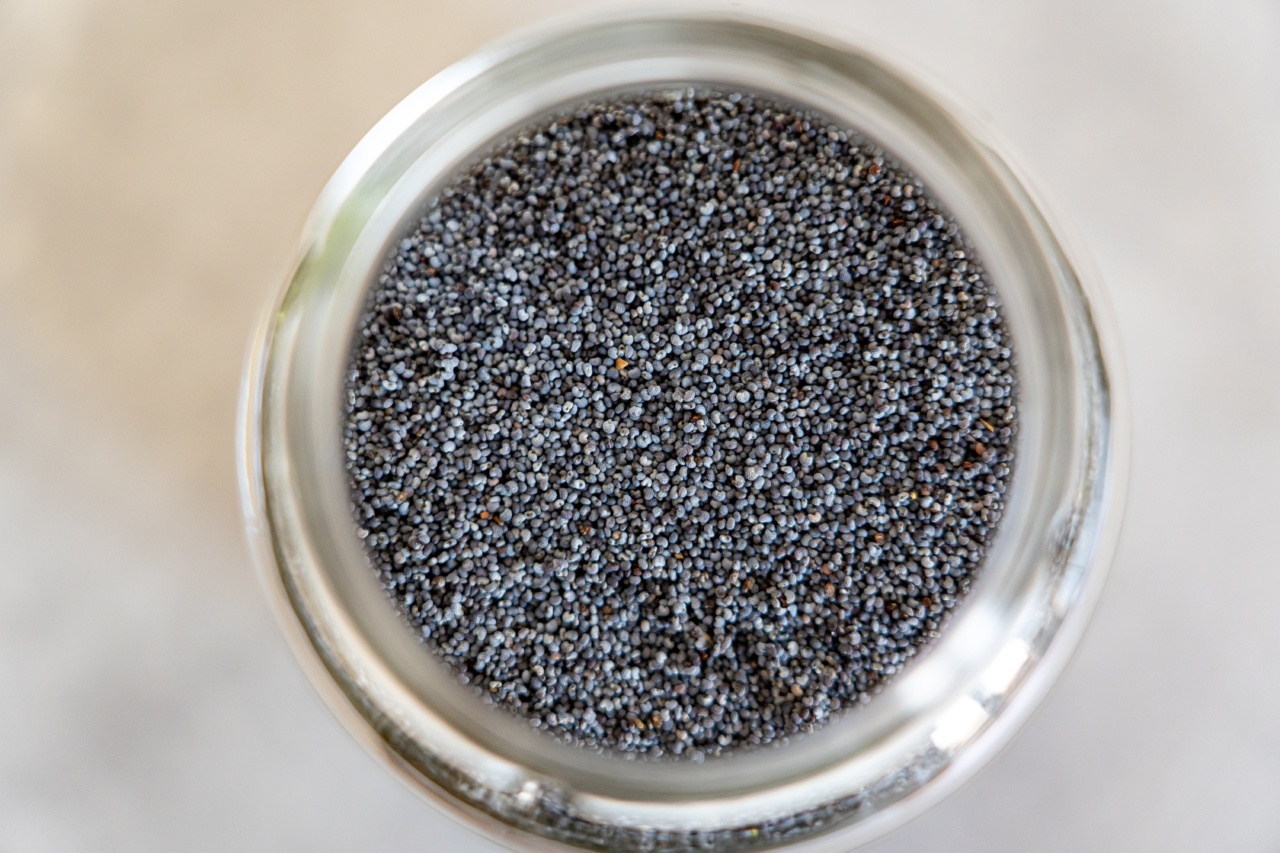When it comes to maintaining a healthy diet, it’s essential to ensure that you’re getting all the necessary nutrients your body needs. A nutrient-rich diet plays a vital role in maintaining optimal health and preventing various diseases.
However, with the modern-day busy lifestyle, it is not uncommon to miss out on a few essential nutrients that your body requires. In this article, we will explore 12 vital nutrients that you may be missing in your diet and the importance of incorporating them into your daily meals.
1. Vitamin D
Vitamin D deficiency is prevalent, especially in regions with less sunshine. This vitamin plays a crucial role in bone health and the absorption of calcium.
It also supports immune function and reduces the risk of various chronic diseases, including cancer, heart disease, and autoimmune disorders. To increase your vitamin D intake, include foods such as fatty fish, fortified dairy products, and spend time in the sun.
2. Magnesium
Magnesium is an essential mineral involved in over 300 biochemical reactions in the body. It is crucial for maintaining normal nerve and muscle function, regulating blood pressure, and supporting a healthy immune system.
Incorporate magnesium-rich foods like leafy green vegetables, nuts, seeds, and whole grains into your diet to prevent magnesium deficiency.
3. Vitamin B12
Vitamin B12 is necessary for the production of red blood cells and neurological function. It is primarily found in animal-based products, making it a common deficiency among vegetarians and vegans.
To ensure adequate vitamin B12 intake, include foods such as meat, fish, dairy products, and fortified plant-based milk alternatives in your diet. If you’re following a plant-based diet, consider taking B12 supplements.
4. Iron
Iron is vital for the formation of red blood cells and carrying oxygen throughout the body. Iron deficiency can lead to fatigue, weakness, and anemia. It’s important to include both heme and non-heme iron sources in your diet.
Heme iron is found in animal products like meat and seafood, while non-heme iron is present in plant-based foods like legumes, whole grains, nuts, and seeds.
5. Calcium
Calcium is essential for maintaining strong bones and teeth. It also plays a critical role in muscle function, nerve transmission, and hormone secretion. Dairy products like milk, cheese, and yogurt are excellent sources of calcium.
For those following a dairy-free diet, alternatives like fortified plant-based milk, tofu, and leafy green vegetables can fulfill your calcium requirements.
6. Omega-3 Fatty Acids
Omega-3 fatty acids are beneficial for heart health, reducing inflammation, and supporting brain function.
While fatty fish such as salmon, mackerel, and sardines are excellent sources of omega-3s, vegetarian options like flaxseeds, chia seeds, and walnuts also contain these essential fats. Including these foods in your diet can help meet your omega-3 requirements.
7. Zinc
Zinc is crucial for immune function, wound healing, and DNA synthesis. It is mainly found in animal-based foods like meat, seafood, and poultry. However, plant-based sources like legumes, nuts, seeds, and whole grains also provide some zinc.
Ensuring an adequate intake of zinc can support your immune system and overall health.
8. Vitamin A
Vitamin A is essential for maintaining healthy vision, promoting immune function, and supporting growth and development. Animal-based foods like liver, fatty fish, and dairy products are high in vitamin A.
For vegetarians or vegans, include foods like carrots, sweet potatoes, spinach, and mangoes, which are rich in beta carotene, a precursor to vitamin A.
9. Fiber
Fiber is not a nutrient, but it is crucial for maintaining good digestive health and preventing constipation. It also helps control blood sugar levels and supports weight management.
To increase your fiber intake, consume whole grains, legumes, fruits, vegetables, and nuts.
10. Vitamin C
Vitamin C is vital for immune health, collagen production, and antioxidant protection. Citrus fruits, strawberries, bell peppers, kiwi, and leafy green vegetables are excellent sources of vitamin C.
Including these foods in your diet can help you meet your daily requirements and keep your immune system strong.
11. Potassium
Potassium is necessary for maintaining fluid balance, regulating blood pressure, and muscle function. Bananas, avocados, sweet potatoes, and leafy green vegetables are rich in potassium.
Adding these foods to your diet can help ensure you consume enough of this essential nutrient.
12. Vitamin E
Vitamin E acts as an antioxidant and helps protect cells from damage. It also supports immune function and promotes healthy skin.
Nuts, seeds, vegetable oils, and leafy green vegetables are excellent sources of vitamin E that you can include in your diet to meet your daily requirements.






























